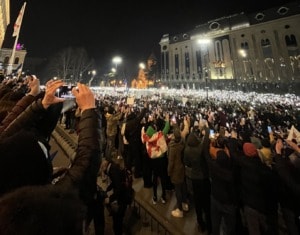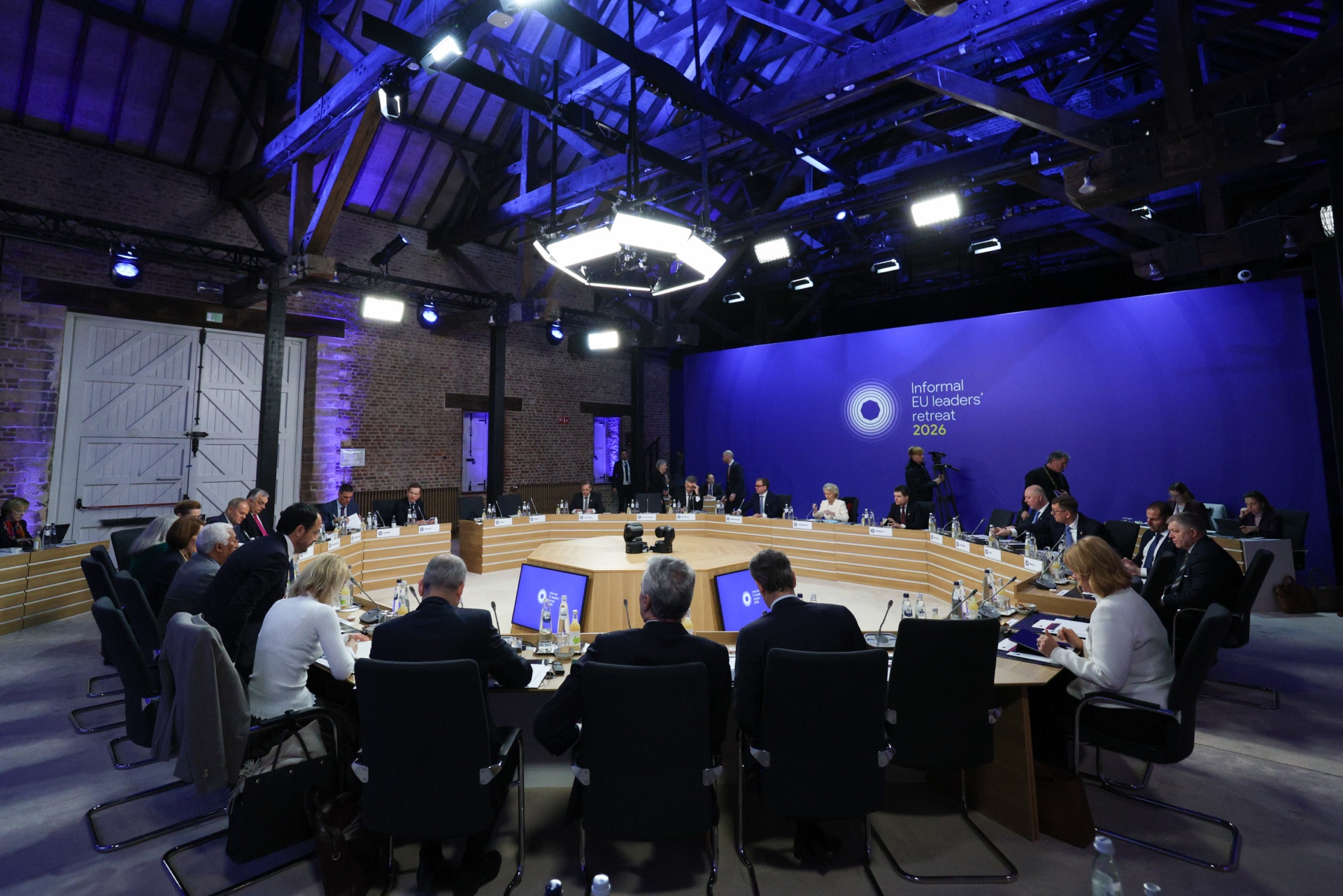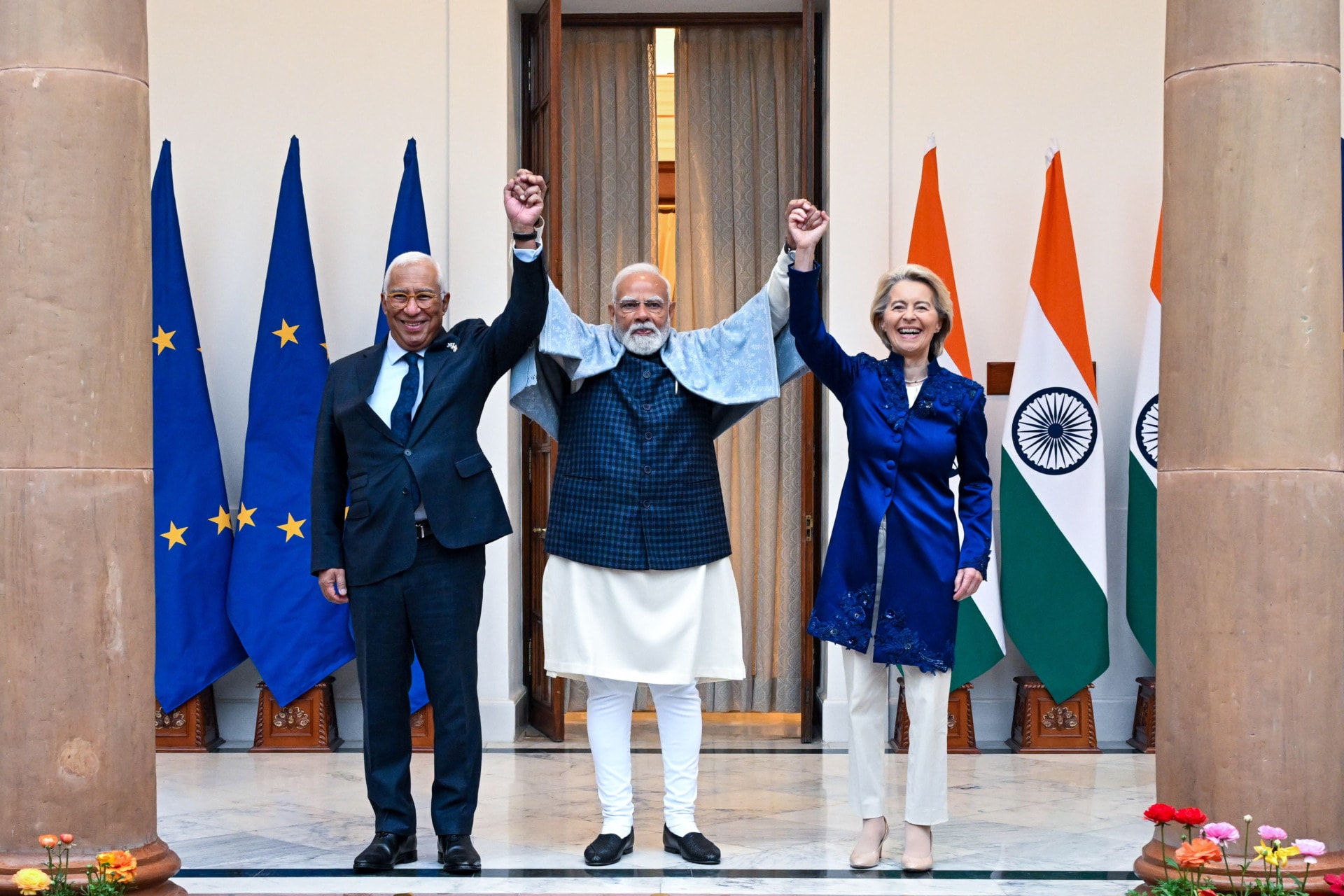Editor’s Update October 27, 2024: As broadly expected, Bidzina Ivashnivili’s ruling party, Georgian Dream, won the Georgia parliamentary elections. It is said to have won with 54.2% of the vote. The opposition parties received the following percentages:
- Coalition for Changes: 10.8%
- Unity-National Movement: 10%
- Strong Georgia: 8.7%
- For Georgia party: 7.7%1
The results have sparked significant controversy, with opposition parties not recognizing the outcome and alleging election manipulation. After a day of intensive consultations with opposition parties, Georgian President Salome Zurabishvili held a briefing in which she said she would not recognize the official election results. Here is an in-depth analysis of who Bidzina Ivashnivili is and what we may expect. The remaining question is: Can the people sway the Russian bear away?
Bidzina Ivanishvili, the wealthiest man in Georgia, was known for his quiet philanthropy. Georgians regarded him as a modern hero, and his name was often spoken in hushed tones. Inconspicuously, Ivanishvili supported those in need, funded medical treatments, built infrastructure, and transformed his hometown village into a model community. His charitable acts were well-known, although he stayed out of the spotlight – until 2012.
Russian-made oligarch Ivanishvili began his political journey as a critic of the Saakashvili government (that conceded election loss in 2012), successfully establishing the Georgian Dream party in response to growing skepticism against the prior political establishment at home and abroad.
After 12 years in power, Georgian Dream, which finds its political sympathy and ally in Viktor Orbán, is now facing the potential loss of leadership in the upcoming elections on Saturday, October 26th.
Recent polls reveal a noticeable decline in the party’s popularity, projecting only 30 to 35% of the vote—significantly below the point needed to form a government alone. This election is historic as it marks Georgia’s first adoption of a coalition government model.
Four opposition parties, each expected to receive 5% or more of the vote, have agreed to work with the President of Georgia, Salome Zourabichvili, who is now coordinating their efforts to create the coalition government.
The decline in support for Ivanishvili’s Georgian Dream has been accelerated by government officials’ statements against the West, along with the controversial Foreign Agents Law, commonly known as the “Russian law.”
EU negotiations at risk
These recent actions have resulted in sanctions imposed on several government figures and have hindered crucial negotiations with the EU regarding Georgia’s bid for membership.
The May 2024 protests in Tbilisi demonstrated that Georgians overwhelmingly favored a European future.

Yet, despite this clear preference, why does the government seem to align more with its northern neighbor than with the values and goals of its own citizens?
The answer lies in a complex blend of political survival, economic ties, and strategic pressure, all rooted in the oligarch’s business fears and political loyalties aligned with Moscow.
Ivanishvili’s autocratic government, wary of alienating Russia and risking conflict or economic fallout, has sought to maintain a cautious relationship with its northern neighbor.
At the same time, this approach has isolated Georgia from its international allies, raising fears that if his government remains in power, the country could shift its political vector toward the north, aligning more closely with Russia.
Related Articles: Georgia Caught Between Russia and the EU With Proposed ‘Foreign Agents’ Law | Georgia’s Evolving Geopolitics: Navigating a Strategic Partnership With China
How the elections (may) decide whether Georgia can join the EU
Sanctions are likely to continue from the U.S. Department of the Treasury as well as EU official establishments against Ivanishvili’s government for undermining democracy in Georgia, further isolating the country.
This would leave Georgia in a difficult position, especially given that 89% of Georgians support joining the EU, according to a recent IRI poll.
Additionally, the sanctioned government is likely to threaten not only Georgia’s aspirations for EU membership but also worsen its economic challenges.
What is expected: That the elections ultimately determine whether Georgia can commit to European integration and avoid straying from its citizens’ values, negatively impacting regional stability and international interests.
The government’s primary propagandistic narrative during this pre-election period has been: “If not us, Russia might initiate a full-scale war in Georgia, similar to what happened in Ukraine.”
Amid tension, it is evident that, as Malcolm X said: “You can’t separate peace from freedom; no one can be at peace without freedom.”
Therefore, as the elections are over, a crucial question remains: in these days of trouble, can Georgia uphold its democracy and pursue its European aspirations?
Editor’s Note: The opinions expressed here by the authors are their own, not those of Impakter.com — Cover Photo Credit: Jelger Groeneveld.














